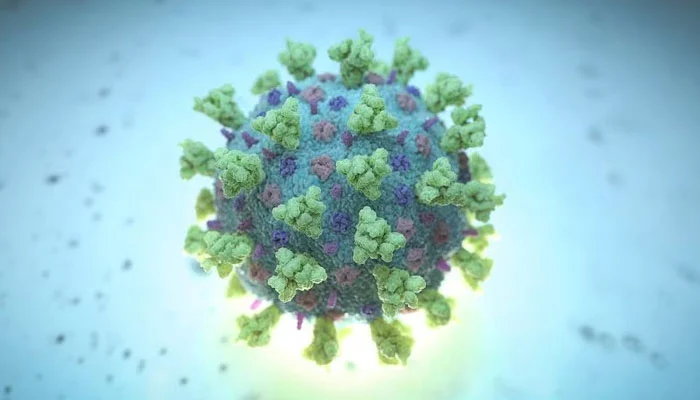A group of Israeli scientists discovered that different species have a forgotten innate protein that has the ability to fight off viruses and strengthen their bodily immunity.
Adenosine triphosphate (ATP) is the primary energy “currency” of all living organisms on Earth. In a study that was recently published in the journal Cell with the title “Ultrafast distant wound response is essential for whole-body regeneration,” scientists from the Weizmann Institute of Science in Rehovot described a new family of proteins that deplete cells of their energy, protecting them from invaders.
The researchers demonstrated that this hitherto undiscovered immune system is used by numerous living things including corals and bees, and has survived more than a billion years of evolution.
The freshly discovered protein is just one of more than 100 recent discoveries of very complex mechanisms employed by bacteria in their valiant fight against viruses known as bacteriophages. Many of these mechanisms were identified and characterised in the molecular genetics department at Weizmann’s Rotem Sorek lab.
Phages are made up of a lot of genetic material, such as DNA or RNA, which they inject into the bacteria they are taking over, much like the viruses that attack us.
After completing this operation, these viruses employ the cellular machinery of the bacteria to repeatedly duplicate themselves. They rip apart a bacterium’s membrane, break out, and spread across the entire bacterial colony once they have exhausted the bacterium’s resources.
The gene that had mystifyingly cancelled out a phage’s capacity to replicate itself and infect the remainder of the colony was the subject of the researchers’ study. The researchers discovered that the unidentified gene encodes a protein that shatters and obliterates cells irreversibly.
Surprisingly, this protein is used a lot more frequently than one may think. The researchers examined the genomes of tens of thousands of bacteria and found over 1,000 immune genes that function similarly. They were shocked to discover ATP-depleting properties in a protein family that was previously unknown to belong to the immune system.
This means that scientists have uncovered a novel immunological strategy that is present in a wide variety of bacteria and provides them with efficient defence against viruses.
The researchers did not, however, stop with bacteria; they conducted a thorough examination demonstrating that many other, more complex organisms, including fungi, insects like bees, corals, sponges, and corals, also manufacture immune ATP-cutting proteins.
Nevertheless, this kind of immune protein does not exist in humans, the researchers believe that it is the ancient predecessor of the proteins that make up our innate immune systems.
“Many studies in the past few years have used the knowledge of advanced organisms’ immune systems to reveal immune strategies used by bacteria,” concluded Sorek.
“Our new study shows that the extensive knowledge accumulated about bacterial immune systems enables us to follow the opposite logic – we can learn about the immune systems of advanced organisms by studying those of bacteria. ATP molecules are among the most widely occurring in nature, so clarifying their role in immunity can greatly contribute to understanding the defense strategies that countless organisms use when attacked by viruses.”

